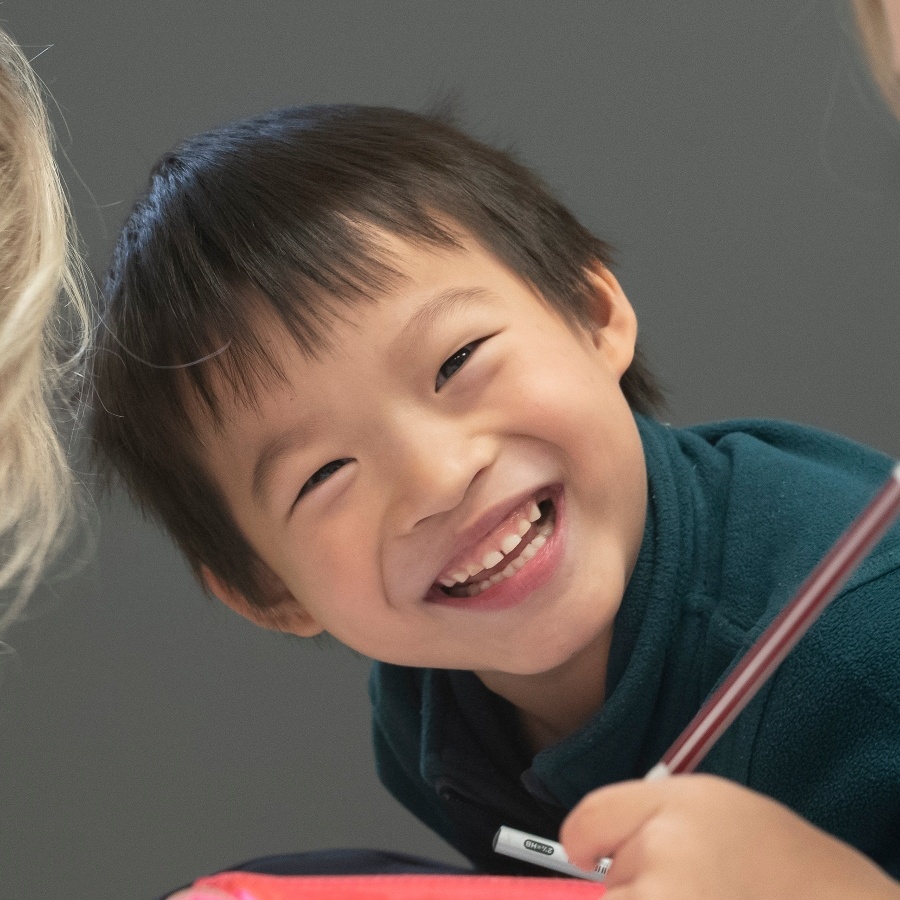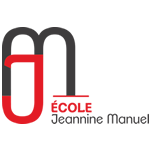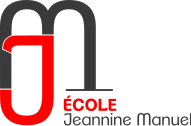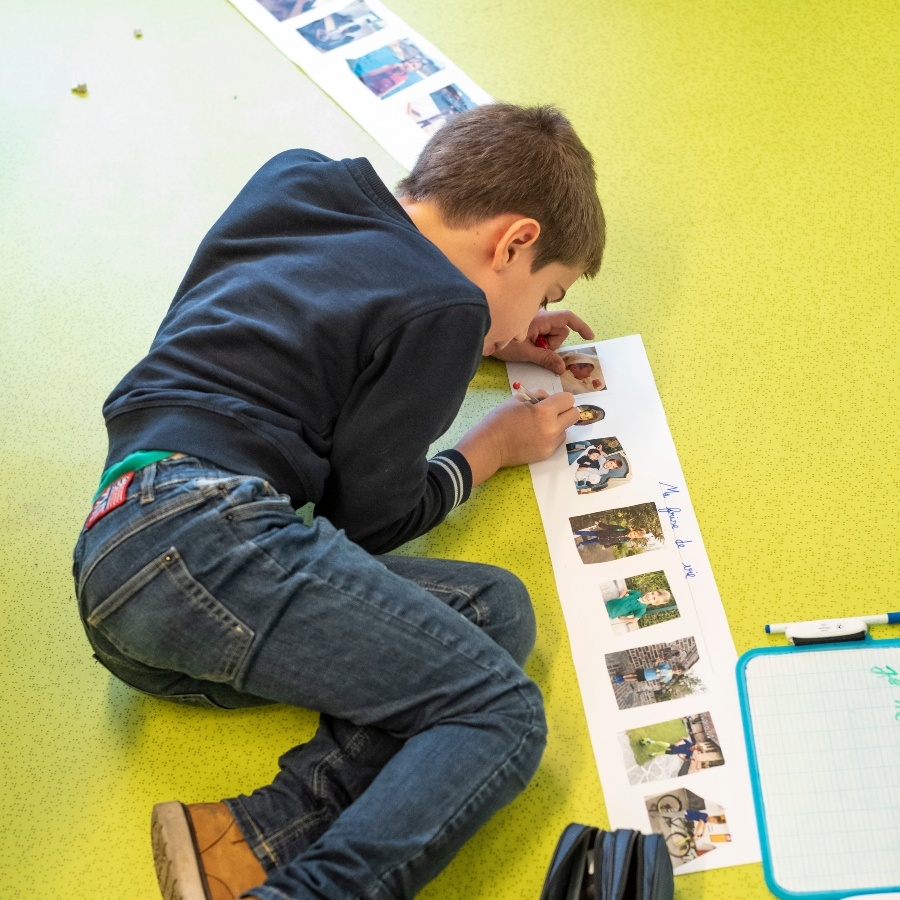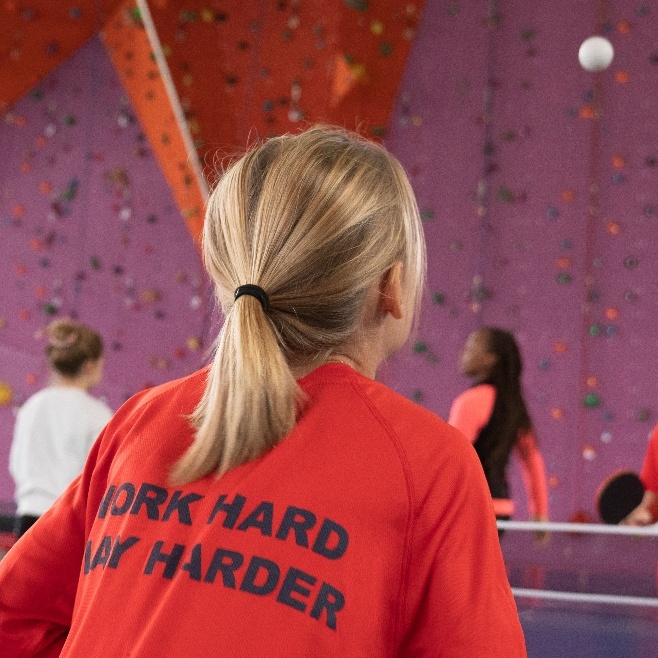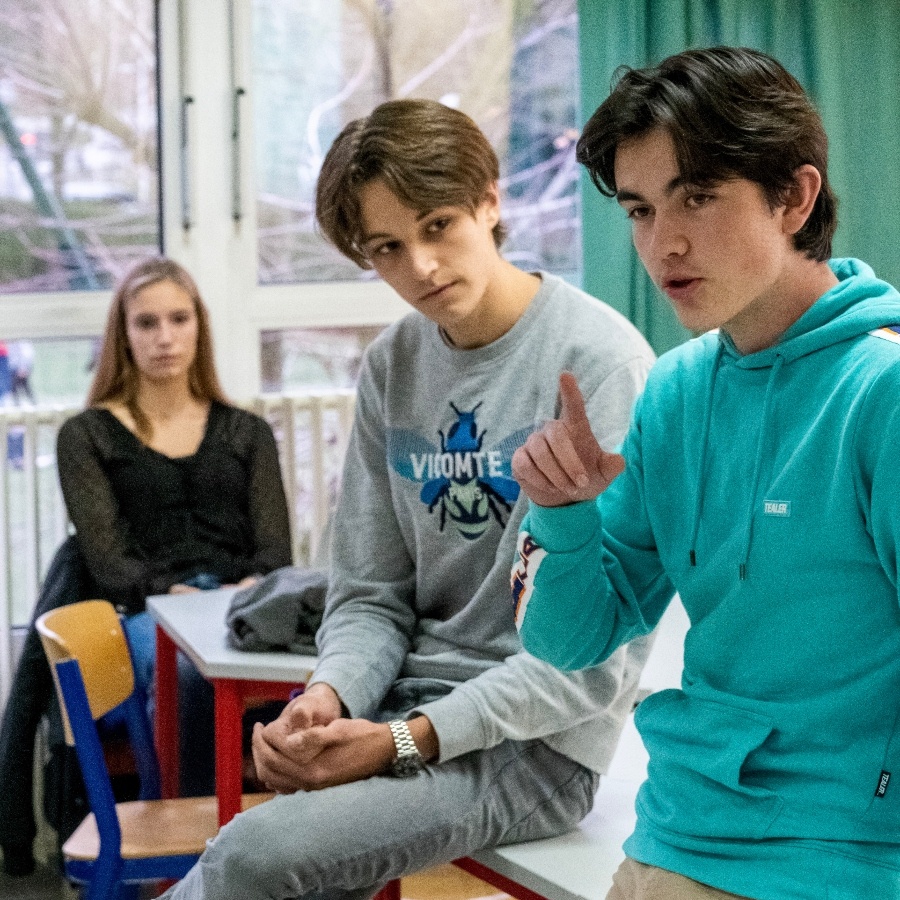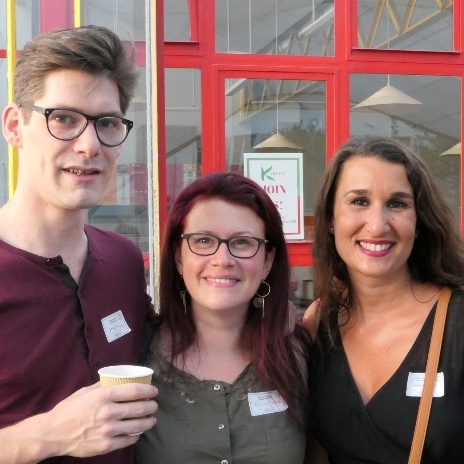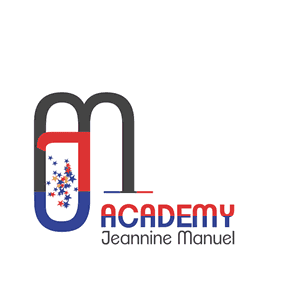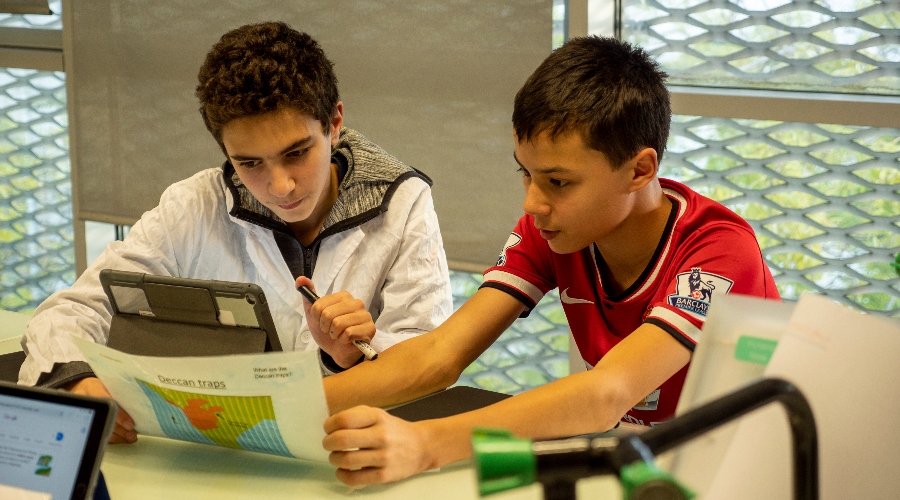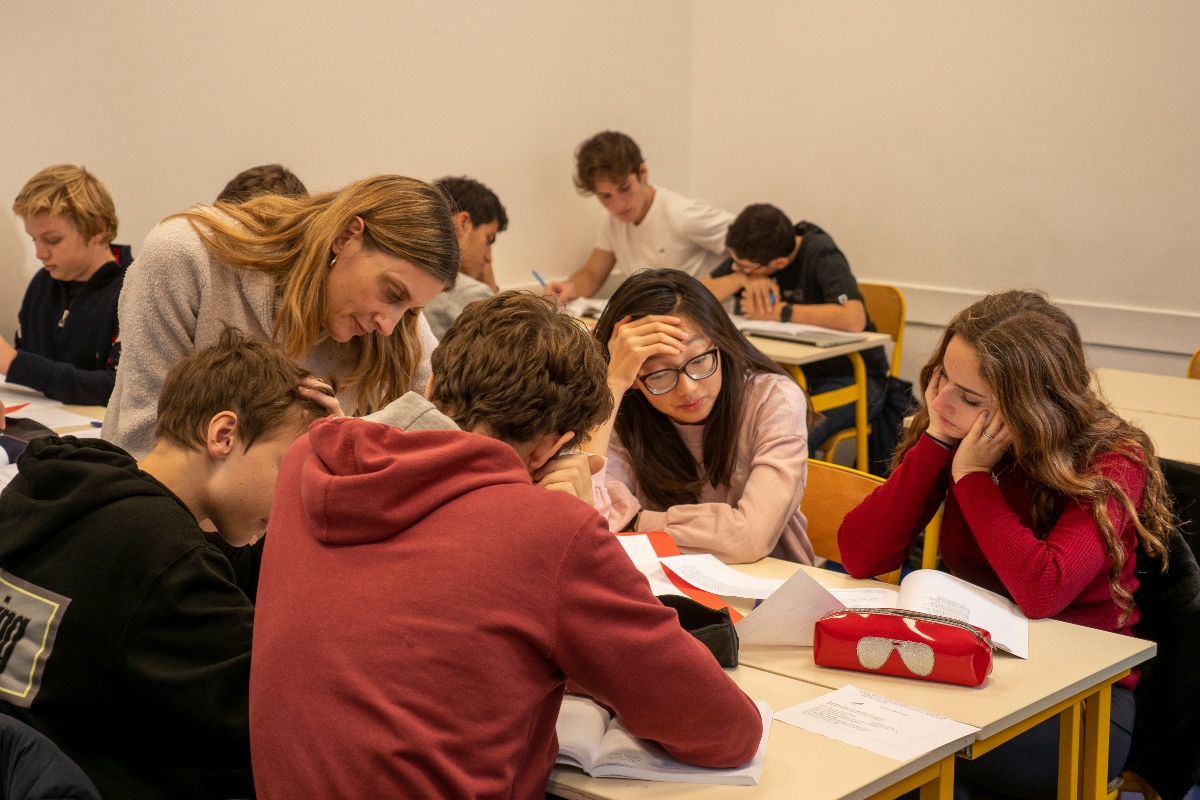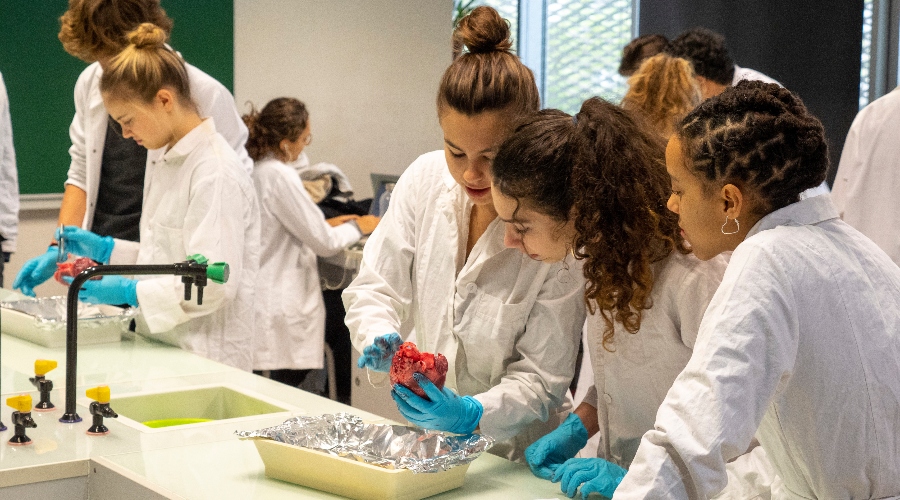The first fundamental stages of learning were Jeannine Manuel’s primary focus. Her methods followed that of the scientific method and included:
- Studying children closely and making careful and precise observations;
- Following intuitions based on research and making hypotheses;
- Designing efficient experiments and evaluating their results;
- Being always prepared to change for the better
Research in the field of cognitive science has proved Jeannine Manuel’s intuitions to be quite accurate—our school owes her its visionary approach.
Jeannine Manuel was equally an excellent mentor to many of her teachers, to whom she often repeated her fundamental principles, which have remained a driving force for our school since 1954:
- Have big ambitions, children can get very far;
- Learning must be fun and captivating;
- Children must be conscious of what they have learned; this will give them the confidence and motivation to learn even more;
- Be positive, encouraging, and take an interest in each individual child and their needs.
